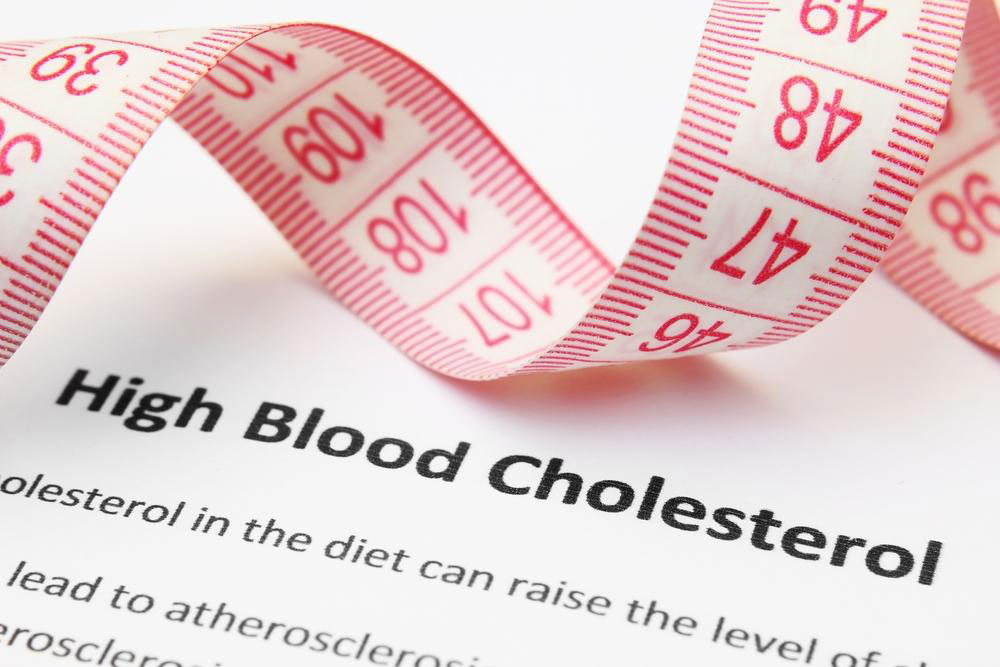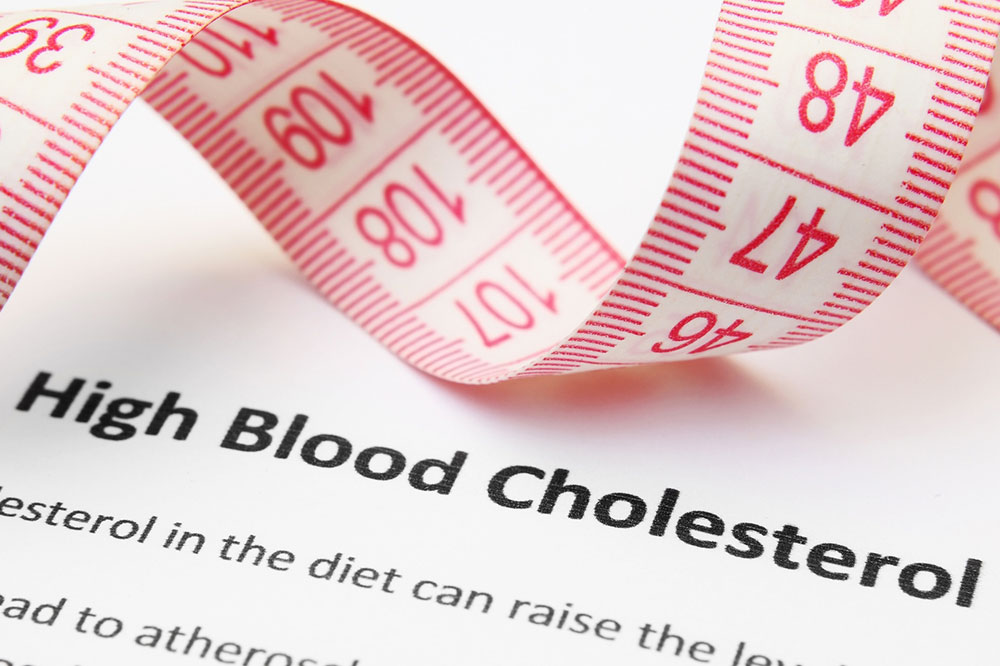Comprehensive Guide to Elevated Cholesterol: Causes and Effective Management Strategies
Learn about the top causes of high cholesterol and discover effective strategies to manage and reduce cholesterol levels. This comprehensive guide covers diet, lifestyle, genetics, and medical options, helping you take control of your heart health through practical and sustainable measures.

Comprehensive Guide to Elevated Cholesterol: Causes and Effective Management Strategies
Cholesterol, a waxy, fat-like substance found within the bloodstream and cells, plays a vital role in maintaining healthy cell membranes and supporting hormone production. Despite its importance, having too much cholesterol circulating in your blood can dramatically increase the risk of cardiovascular diseases, including heart attacks and strokes. High cholesterol levels can lead to the buildup of fatty deposits in the arteries, blocking blood flow and causing serious health complications. Understanding the root causes of high cholesterol is essential for effective prevention and management. This comprehensive guide explores the primary factors that contribute to elevated cholesterol levels and offers practical strategies to keep your cholesterol in check, promoting overall heart health and well-being.
Major Factors Contributing to Elevated Cholesterol
Diet and Nutritional Intake
One of the predominant causes of high cholesterol is an unhealthy diet. Consuming foods rich in saturated fats and trans fats can significantly raise LDL (bad cholesterol) levels, increasing your risk for cardiovascular problems. Common dietary culprits include:
Full-fat dairy products such as butter, cream cheese, and certain cheeses
Fatty cuts of red meats like pork and beef
Processed meats including sausages, salami, and hot dogs
Baked goods purchased from stores, such as cookies, pastries, and crackers that contain trans fats
Excess Body Weight and Obesity
Carrying excess weight, especially around the abdomen, is strongly linked to higher cholesterol levels. Obesity, defined as having a body mass index (BMI) of 30 or more, increases the risk of developing high LDL cholesterol and lowers protective HDL (good cholesterol). Maintaining a healthy weight through balanced nutrition and regular physical activity is critical for cholesterol management.
Smoking and Tobacco Use
Tobacco smoking adversely affects cholesterol levels by reducing HDL cholesterol and damaging the lining of blood vessels. This damage makes it easier for fats and cholesterol to adhere to arterial walls, promoting the formation of plaque and increasing cardiovascular risk. Quitting smoking is one of the most effective steps toward improving cholesterol profiles and overall heart health.
Additional Factors Influencing Cholesterol Levels
Diabetes Mellitus
Diabetes, especially when poorly controlled, can lead to unfavorable lipid profiles by decreasing HDL (good cholesterol) and increasing triglycerides, further promoting atherosclerosis and elevating the risk of heart disease.
Genetic Predispositions
Some individuals inherit genetic conditions such as familial hypercholesterolemia, which cause them to produce extremely high levels of LDL cholesterol regardless of lifestyle. Such genetic factors necessitate early medical intervention and ongoing management.
Sedentary Lifestyle
Lack of physical activity contributes to weight gain and lower HDL cholesterol levels. Incorporating regular exercise, such as brisk walking, cycling, or swimming, can help improve your lipid profile and support cardiovascular health.
Managing and Controlling Cholesterol
Effectively managing elevated cholesterol involves a combination of lifestyle modifications and, when necessary, medication. Healthcare professionals typically recommend dietary changes, increased physical activity, weight management, and smoking cessation. In some cases, cholesterol-lowering medications like statins may be prescribed to achieve target lipid levels. It is essential to work closely with your healthcare provider to develop a personalized plan, monitor progress, and adjust treatment as needed. Routine blood tests to monitor your lipid profile are crucial for staying on top of your heart health and preventing potential complications.
In conclusion, understanding the primary causes of high cholesterol and implementing comprehensive management strategies are vital steps toward safeguarding your cardiovascular health. Prioritizing a balanced diet, staying physically active, avoiding tobacco products, maintaining a healthy weight, and adhering to medical advice can significantly reduce your risk of heart disease and ensure a healthier, longer life. Regular check-ups and proactive health management are your best tools for controlling cholesterol levels and preventing serious health issues associated with high cholesterol.





